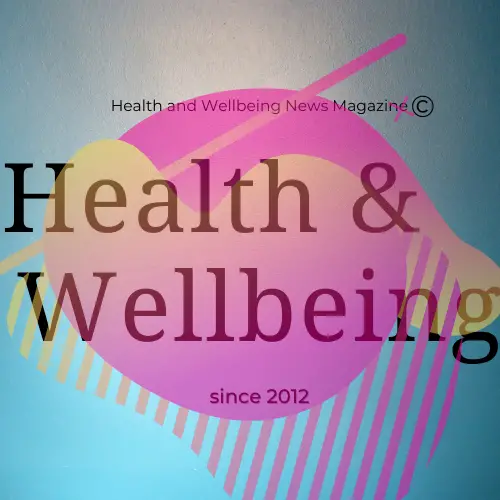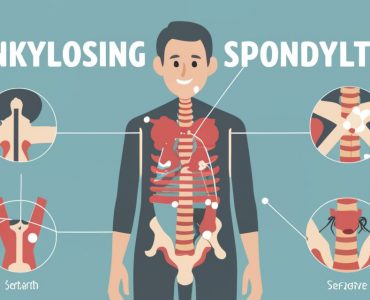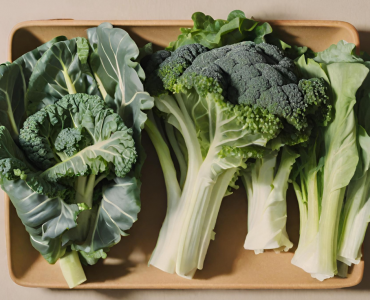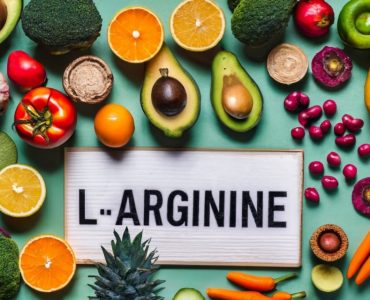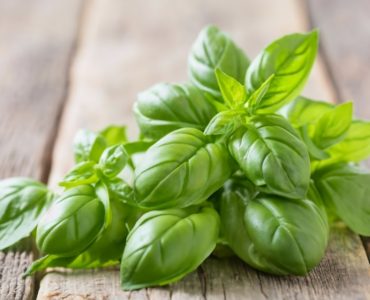Our ancestors, by trial and error, found the most effective local plants to heal their illnesses. Now, with the advancement of science enabling us to identify the chemical constituents within these plants, we can better understand their healing powers.
Herbalism, in this country is now classed as an “alternative” or “complementary” discipline but it is still the most widely practised form of medicine worldwide with over 80% of the world’s population relying on herbs for health.
The Herbalist’s Approach
Medical Herbalists are trained in the same diagnostic skills as orthodox doctors but take a more holistic approach to illness. The underlying cause of the problem is sought and, once identified, it is this which is treated, rather than the symptoms alone. The reason for this is that treatment or suppression of symptoms will not rid the body of the disease itself. Herbalists use their remedies to restore the balance of the body thus enabling it to mobilise its own healing powers.
The first consultation will generally take at least an hour. The Herbalist will take notes on the patient’s medical history and begin to build a picture of the person as a whole being. Healing is a matter of teamwork with patient, practitioner and the prescribed treatment all working together to restore the body to health. Treatment may include advice about diet and lifestyle as well as the herbal medicine.
The second appointment may follow in two weeks, subsequent ones occurring monthly – this will depend on the individual herbalist, the patient and the illness concerned.
Herbalists use a wide range of plant based materials for internal and external use. Preparations such as tinctures, fluid extracts, syrups, capsules and creams are all produced to a very high standard.
What can herbal medicine treat?
Herbal medicine can treat almost any condition that patients might take to their doctor. Common complaints seen by herbalists include skin problems such as psoriasis, acne and eczema, digestive disorders such as peptic ulcers, colitis, irritable bowel syndrome and indigestion. Problems involving the heart and circulation like angina, high blood pressure, varicose veins, varicose ulcers etc. can also be treated successfully as can gynaecological disorders like premenstrual syndrome and menopausal problems, also conditions such as arthritis, insomnia, stress, migraine and headaches, tonsillitis, influenza and allergic responses like hayfever and asthma.
Herbal medicine offers a safe, gentle and effective approach to health care and serves to promote health as a positive state. It is suitable for all from the very young to the very old.
Qualified herbalists know when a condition is best seen by a doctor or another therapist.
How do herbs work?
Plants with a particular affinity for certain organs or systems of the body are used to ‘feed’ and restore to health those parts which have become weakened. As the body is strengthened so is its power and ability to fight off disease and when balance and harmony are restored, health will be regained.
What are the differences between herbs and pharmaceutical drugs?
Many of the pharmaceutical drugs used today are based on plant constituents and, even now, when scientists are seeking new ‘cures’ for disease it is to the plant world that they turn. They find, extract and then synthesise in the laboratory a single active constituent from the plant (the active constituent is the part of the plant that has a therapeutic value), this can then be manufactured on a large scale.
Herbal drugs, however, are extracts from a part of the whole plant (e.g. leaves, roots, berries etc.) and contain hundreds, perhaps thousands of plant constituents.
Herbalists believe that the active constituents are balanced within the plant and are made more (or less) powerful by the numerous other substances present.
For example, the herb Ephedra sinica is the source of the alkaloid ephedrine which is used, in orthodox medicine, to treat asthma and nasal congestion but it has the side effect of raising blood pressure. Within the whole plant are six other alkaloids one of which prevents a rise in blood pressure. Synthetic diuretics (drugs that increase the flow of urine) seriously reduce the potassium level in the body, this has to be restored using potassium supplements. The Herbalist uses dandelion leaves which are a potent diuretic but contain potassium to replace naturally that which is lost.
